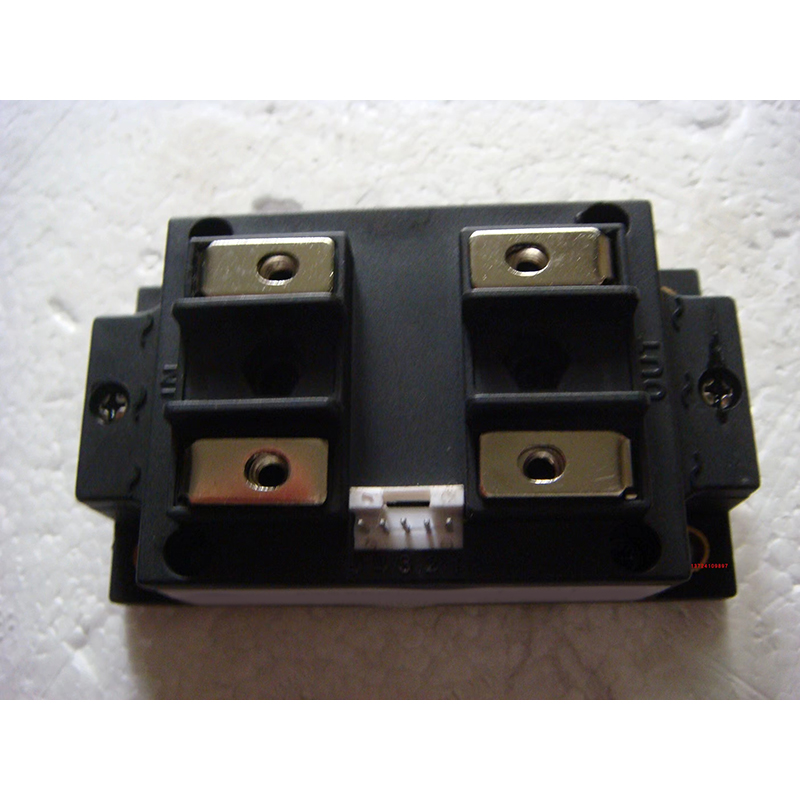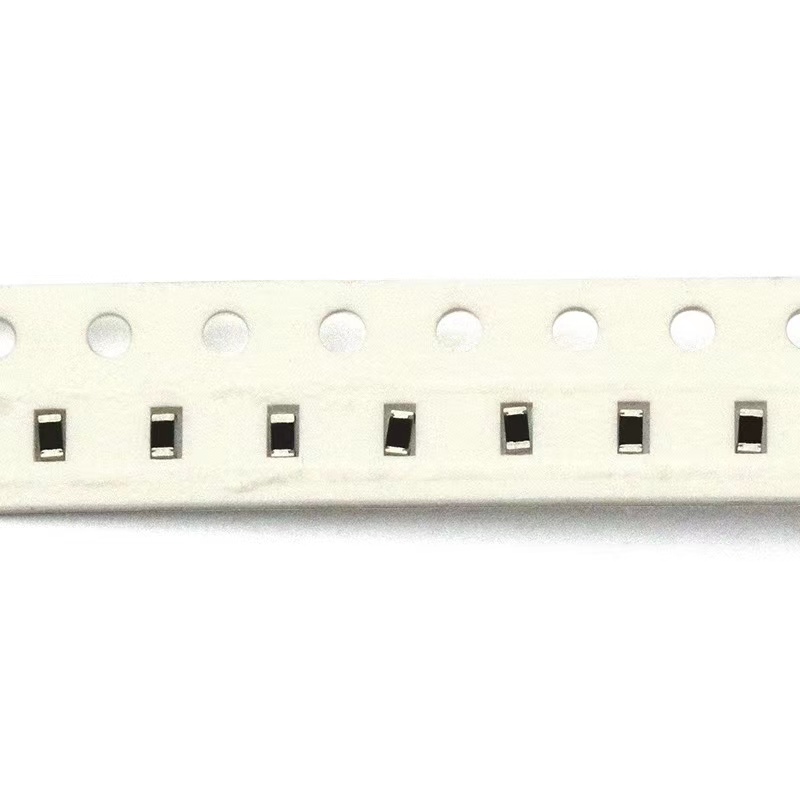This website uses cookies. By using this site, you consent to the use of cookies. For more information, please take a look at our
Privacy Policy.
Discrete Semiconductor Modules
Discrete semiconductor modules refer to integrated packages or modules that combine multiple discrete semiconductor devices within a single package. These modules are designed to provide improved performance, convenience, and ease of use compared to individual discrete components. Brand Discrete Semiconductor Modules manufacturers including ON Semiconductor, STMicroelectronics etc. Discrete Semiconductor Modules is available at Avaq Semiconductor. Please view related Discrete Semiconductor Modules models below for detailed information, including price, datasheets, in-stock availability, technical difficulties.
Types of Discrete Semiconductors
Picture & Models
Description
RoHS
Datasheet
Lifecycle Status
Quantity
Operation
![favicon favicon]() FAQ
FAQ
- What are Discrete Semiconductor Modules?
- Discrete Semiconductor Modules are packaged assemblies that integrate multiple discrete semiconductor devices, such as diodes, transistors, and resistors, into a single package. These modules provide convenience by combining various components for specific applications.
- What types of Discrete Semiconductor Modules are there?
- Power Amplifier Modules: Integrating transistors and supporting components for power amplification. Rectifier Modules: Combining diodes for AC-to-DC conversion. Voltage Regulator Modules: Packaging components for voltage regulation. Power Switching Modules: Combining transistors, diodes, and resistors for efficient power switching. RF Amplifier Modules: Integrating components for radio frequency amplification.
- How do I choose the right Discrete Semiconductor Module for my application?
- Consider factors such as the specific functionality needed (amplification, rectification, etc.), maximum current and voltage requirements, and thermal considerations. Consult datasheets and manufacturer resources for guidance.


